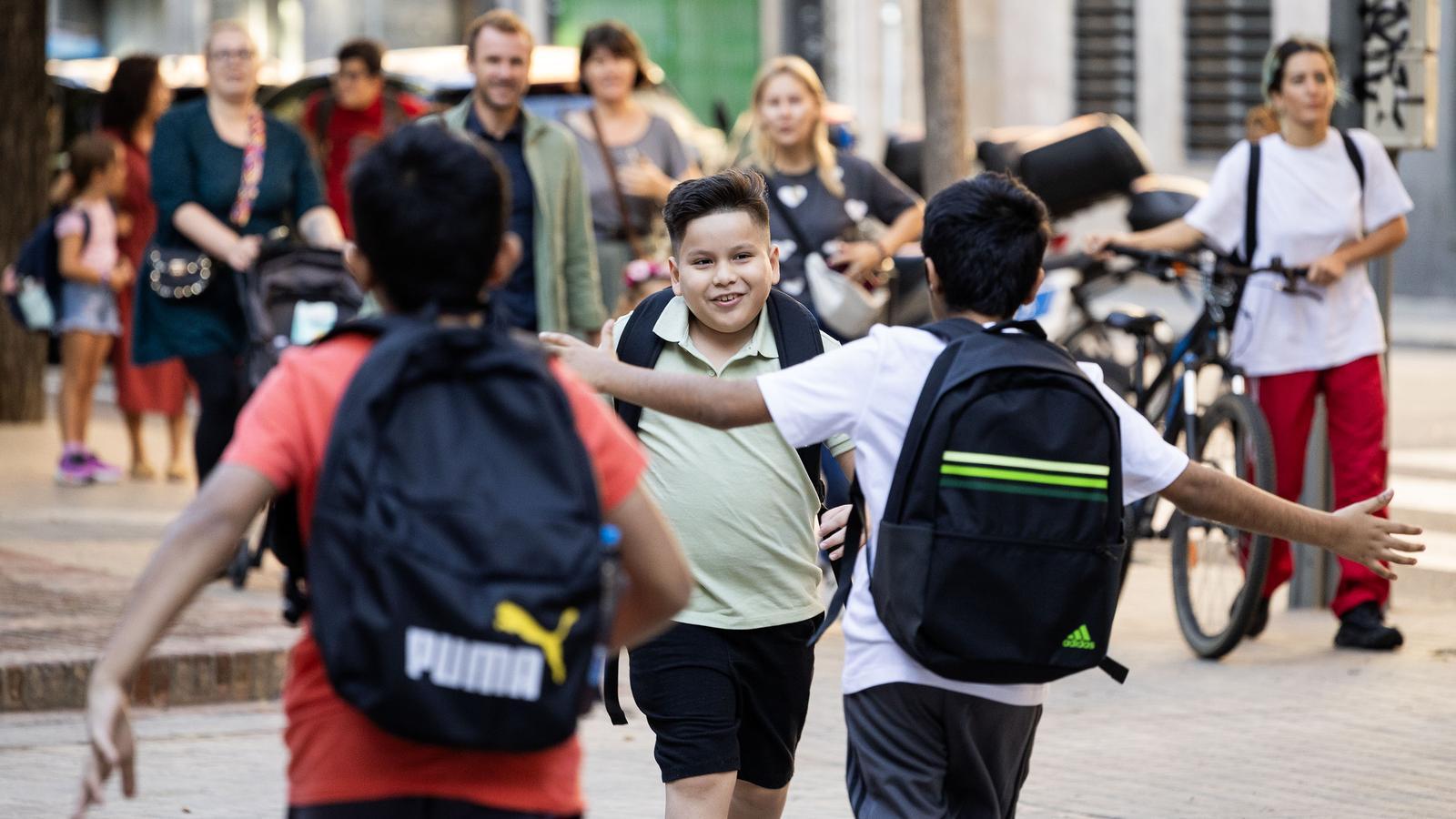Start of the course with the challenge of improving performance


The new school year begins, and the challenge remains improving academic performance. After the disaster of the latest proficiency tests and, above all, the 2023 PISA tests, the government's objective is to take steps to strengthen the education system so that results ultimately improve. This is undoubtedly a national project that everyone agrees on, although there is not the same consensus regarding how to achieve it. In fact, educational centers do not have it easy.
This year, across preschool, primary, secondary school, high school, and vocational training, there are 1,326,352 students enrolled, 8,493 fewer than those enrolled last year. This will help reduce the ratio in the early years, although secondary school classrooms will remain full. However, the most significant aspect is that, with regard to compulsory education—from 13th to 4th year of secondary school— One third are students who need some type of educational supportThe vast majority of these students are socioeconomically vulnerable or have difficulty with inclusion or understanding the language. Here, we find everyone from newly arrived students, children of emigration—some of whom are also gradually incorporated into the classroom throughout the school year—to students from families with economic difficulties who have greater difficulty finding a supportive family environment or accessing remedial classes.
If we add to this complex context in the classrooms that Each year a third of teachers change schools, This makes it very difficult to create stable work teams and prevents establishing bonds with students, especially the most vulnerable, making the situation even more complicated. Managing schools with a highly complex student population and unstable teaching staff is a feat that makes the challenges of academic improvement almost impossible. That said, it must be achieved by any means necessary. Therefore, as we explained today, the Department of Education has launched new improvement plans and actions in addition to those already in place. Many of them focus on improving mathematics—with additional teachers and teaching hours—and also on reading comprehension and English, the three most critical subjects in which emergency plans are needed.
The good news is that this year, 1,671 more teaching staff and 352 more educational support professionals have been added than at the beginning of last year. Furthermore, there is a commitment that this year, starting in October, teacher appointments to cover absences and replacements will be made every day of the week, which will undoubtedly streamline the process. Precariousness should disappear from schools, and an effort should be made to strengthen teams with resources and personnel so they can focus on the main objective, which is improving performance. This will surely also require reforms to alleviate the enormous bureaucracy that schools must undertake—which prevents management teams and teachers from concentrating on serving students—and to offer teachers more tools to incorporate improvements that ensure a higher level of teaching.
